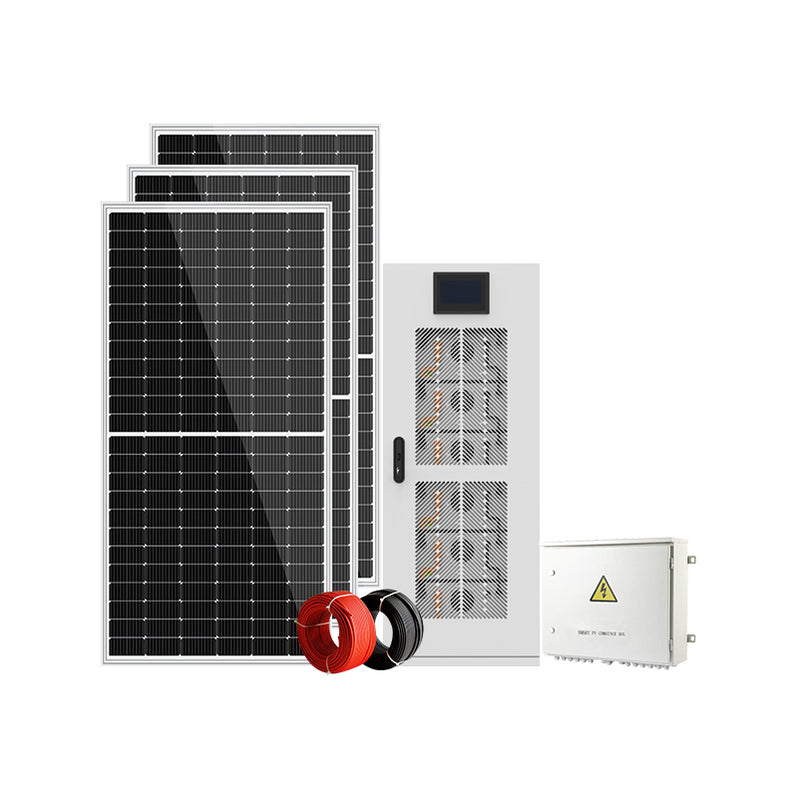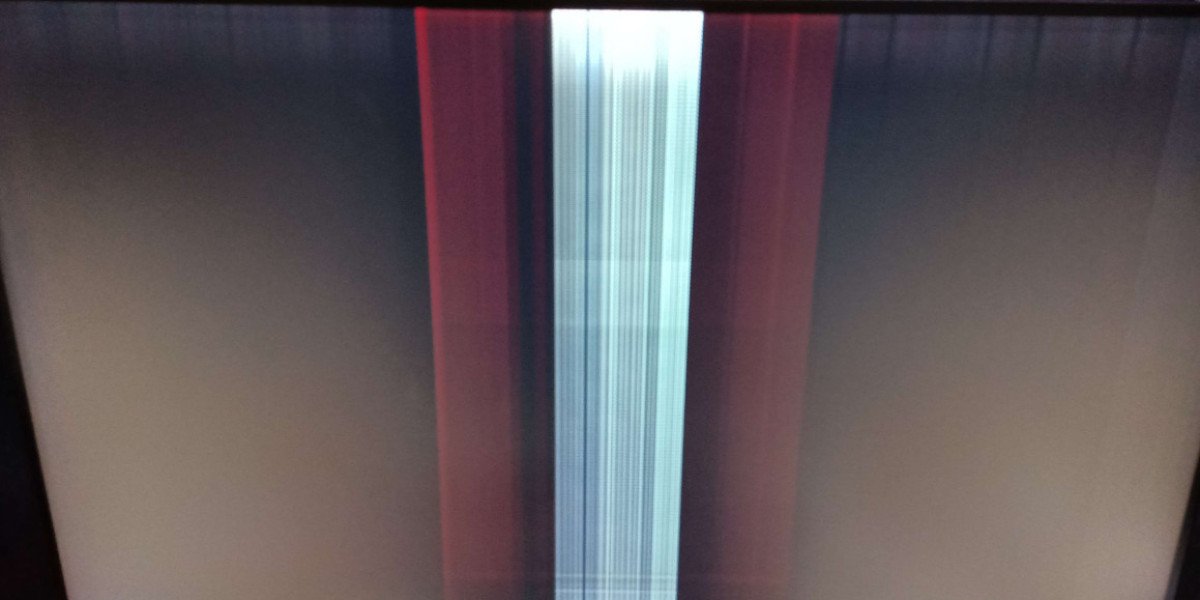Unlock the Secrets to Uninterrupted Power: Discover the Magic of Off-Grid Solar Solutions!
In a world where energy demands are constantly increasing and concerns about environmental sustainability are at an all-time high, off-grid solar power systems have emerged as a popular choice for those seeking independence from traditional power sources. These systems allow individuals to harness the sun's energy, providing a reliable and renewable power supply without the need for connection to the grid. The growing enthusiasm for off-grid solar solutions is not merely a trend; it's a lifestyle choice that emphasizes self-sufficiency and eco-friendliness. As you embark on the journey of exploring off-grid systems, this article will guide you through the essential aspects to consider when comparing various systems and products, ensuring you make an informed decision that aligns with your energy needs and sustainability goals.

Understanding Off-Grid Solar Power Systems
Off-grid solar power systems operate independently from the electrical grid, allowing users to generate and store their own electricity. Unlike grid-tied systems, which rely on a centralized power supply, off-grid systems are self-sufficient and provide energy directly from solar panels to batteries, inverters, and charge controllers. The key components of an off-grid system include solar panels that capture sunlight and convert it into electricity, batteries that store energy for use when sunlight is not available, inverters that convert the stored DC electricity into usable AC power, and charge controllers that regulate the flow of electricity to and from the batteries. Understanding these components is crucial when considering an off-grid system, as each plays a vital role in the overall functionality and efficiency of the setup.
Benefits of Off-Grid Solar Solutions
The advantages of off-grid solar systems are numerous and impact both the individual and the environment positively. One of the most significant benefits is energy independence; users are no longer reliant on utility companies and can generate their own power. This autonomy can lead to substantial cost savings over time, particularly in areas where electricity rates are high. Additionally, off-grid systems provide reliability during power outages, ensuring that homes and cabins remain powered even in emergencies. Environmentally, these systems contribute to reduced carbon footprints, as they utilize renewable energy sources. Off-grid solar solutions are especially beneficial for remote locations, cabins, or anyone preparing for emergencies, making them a versatile choice for various lifestyles.
Factors to Consider When Choosing an Off-Grid System
Selecting the right off-grid solar power system requires careful consideration of several key factors. First and foremost, assess your energy needs by evaluating how much power you consume daily and what appliances you plan to run. The location of the system is also crucial, as sunlight availability can vary significantly depending on geographical factors. Budget constraints will influence your options, as will the scalability of the system you choose; consider whether you might want to expand the system in the future. Furthermore, understanding the specific energy consumption patterns and local climate will help in selecting the most suitable components and configurations for your off-grid system.
Comparative Overview of Off-Grid Solar Products
The market for off-grid solar products offers a broad spectrum of options, ranging from complete solar kits to individual components. Complete kits are convenient for first-time buyers, providing everything needed for installation in one package. However, they may not always allow for customization based on specific energy needs. On the other hand, purchasing individual components enables users to tailor their system to their exact requirements but can be overwhelming for those unfamiliar with solar technology. Each option comes with its own set of pros and cons, and understanding these will help you determine which approach aligns best with your preferences and expertise.
Installation and Maintenance of Off-Grid Systems
Installing an off-grid solar system can be a rewarding DIY project or a job for professionals, depending on your skill level and comfort with electricity. The installation process generally involves selecting the optimal location for solar panels, connecting the panels to the batteries and inverter, and setting up the charge controller. Once installed, ongoing maintenance is essential to ensure optimal performance. Regular inspections of the solar panels and battery health, along with cleaning the panels to remove dust or debris, are important steps. Troubleshooting common issues, such as fluctuations in power output or battery performance, is also key to maintaining an efficient off-grid system.
Summary of Off-Grid Solar Power Systems
In summary, off-grid solar power systems present a viable solution for those seeking energy independence and sustainability. Understanding the components, benefits, and factors to consider when choosing a system is crucial for making an informed decision. Whether you're looking to power a remote cabin, prepare for emergencies, or simply reduce your carbon footprint, off-grid solar solutions offer flexibility and reliability. As you evaluate your energy needs, consider making the transition to an off-grid system to unlock the secrets to uninterrupted power and a more sustainable lifestyle.








